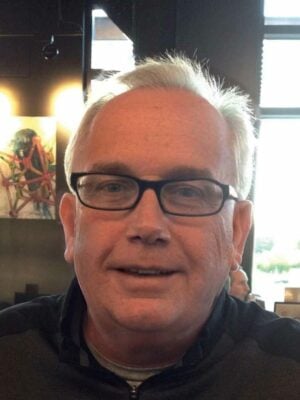“Our nation owes a debt to its fallen heroes that we can never fully repay, but we can honor their sacrifice.” – President Barack Obama
Memorial Day is more than just a long weekend marking the unofficial start of summer — it is a solemn and sacred day of remembrance, honoring the people who lost their lives in military service to the U.S. Its roots run deep in American history, and its evolution reflects not only the changing face of war but also the ongoing struggle for equality, recognition, and representation.
The origins of Memorial Day
Memorial Day traces its origins to the aftermath of the Civil War, a conflict that claimed more American lives than any other and necessitated the creation of national cemeteries. In the late 1860s, communities across the country began holding springtime tributes to fallen soldiers, decorating their graves with flowers and reciting prayers.
One of the earliest known observances was organized by formerly enslaved African Americans in Charleston, South Carolina, in 1865 — less than a month after the Confederacy surrendered. Thousands gathered to honor Union soldiers buried in a mass grave at a former racetrack that had served as a Confederate prison. The event included a parade, reading and songs and is widely recognized by historians as a founding moment in the tradition of Memorial Day.
Originally called Decoration Day, the observance was formalized in 1868 by General John A. Logan of the Grand Army of the Republic, an organization of Union veterans. He called for a nationwide day of remembrance to take place each May 30. Over time, the holiday evolved, especially after World War I, to honor American military personnel who died in all wars.
In 1971, Memorial Day was declared a national holiday by Congress and moved to the last Monday in May, where it remains today.
Indiana’s role in remembrance
Indiana has played a significant role in the American military story. The state contributed over 200,000 soldiers to the Union Army during the Civil War and has sent thousands more into service across every major conflict since. Cities like Indianapolis, Fort Wayne, and Evansville hold longstanding Memorial Day traditions, from cemetery ceremonies to parades that honor fallen heroes.
The Indiana War Memorial in downtown Indianapolis stands as a symbol of the state’s commitment to honoring its veterans. Additionally, the Crown Hill National Cemetery, established in 1866, is the final resting place for hundreds of Civil War soldiers, many of whom were members of the United States Colored Troops (USCT) — regiments composed of Black soldiers fighting for the Union cause and their own liberation.
Honoring the sacrifices of Black and brown service members
While Memorial Day is meant to honor all fallen military personnel, the contributions of Black, Indigenous, and other people of color have often gone underrecognized. Throughout U.S. history, Black and Brown servicemembers have answered the call to serve even while facing systemic racism, segregation and exclusion — from the Revolutionary War to Afghanistan.
- Black soldiers played crucial roles in the Civil War, with over 180,000 fighting for the Union in the USCT. Despite their service, they were often denied equal recognition and benefits.
- During World Wars I and II, African American, Latino and Native American soldiers served with distinction, even while facing segregation within the armed forces.
- Japanese American soldiers, many of whose families were held in internment camps, served in the highly decorated 442nd Regimental Combat Team during WWII.
- In Vietnam and more recent conflicts, Black and brown troops have often served in frontline and high-risk roles, making their representation among the fallen disproportionately high.
Today, communities across the country continue to fight for equal acknowledgment of these contributions. Organizations and historians are working to reclaim stories and honor the legacies of these overlooked heroes.
A day of reflection and commitment
As we gather for Memorial Day — whether at parades, gravesites or family cookouts — it’s important to hold space for both grief and gratitude. It’s a day to remember those who never made it home, to reflect on the cost of service, and to acknowledge that the burden of sacrifice has often fallen unequally on marginalized communities.
In Indiana and across the country, let us honor not only the fallen but the ideals they fought for: liberty, justice, and unity. And let us commit to ensuring that the memory of all who served — regardless of race, background or branch — is preserved with dignity and respect.




